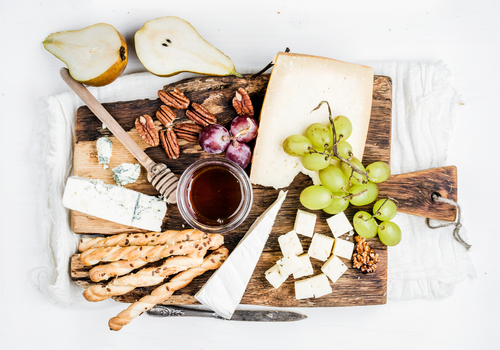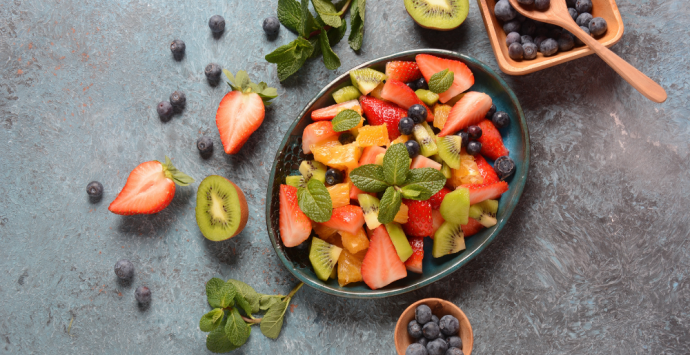
Virginia Woolf once said “one cannot think well, love well, sleep well if one has not dined well” and she wasn’t wrong. Food is a massive part of our lives; not just because it provides us with sustenance, but because of its massive social aspect. Celebrations, spending quality time with loved ones and catch up sessions with friends most likely involve food. There’s no shame in admitting that good food can lift our spirits or tend to our needs when we’re down, but miscalculating or remaining unaware of the amount of food we eat on a regular basis can eventually take a toll on our body.
Mindful eating was first practised by Buddhists where the practitioners ate in complete silence and chewed every inch of food, while exploring all the tastes and textures that the food had to offer. According to Buddhist teachings, mindful, or intuitive eating, aims to reconnect us more deeply with our eating and to teach us how to properly enjoy our food. It also helps us develop an understanding of how to recognise certain cues and hunger levels to prevent emotional eating or overeating. Here are a few ways you can practise mindful eating at your next meal.
Posture.
Maintaining good posture while eating will not only improve your body’s digestion while eating, but it’ll keep you aware of how much you are actually taking in. At your next meal, trying to eat sitting close at a table to prevent you from having to reach or hunch over to eat, this will help take pressure of your abdomen to ensure proper digestion. Refraining from wear tight clothes around your stomach will also do the same. Being mindful of your posture will also help as it will bring on a sense of elegance and grace, leading you to feel appreciative of the food in front of you.
Water.
Many nutritionists often recommend drinking a glass of water before each meal to avoid overeating. However, drinking water during your meal will also help you remain aware of how much food you’ve been taking in while keeping you hydrated. By giving yourself a ‘mini break’ from eating to have a drink, you’re brain will quickly mentally absorb how much you’ve eaten and if your body needs any more. Taking the occasional pause from your food can also help you take into account of how much you’ve eaten and help you decide on whether or not you’d like to continue.
Putting the utensils down.
At your next meal, consciously remind yourself to put your utensils down between each bite. Remind yourself that there is no rush or hurry to finish your meal and that when eating, it is a necessity to remain relaxed and calm. Although you may have other tasks to be completed, it is important to allow ourselves to remain present in the moment in order to fully appreciate our meal.

Allow for no distractions.
Many people often choose to enjoy meals in front of a television or computer screen, or while scrolling through our phones. In order to practise mindful eating successfully, it is crucial to avoid any form of distraction. During moments spent eating in front of screens, we forget about what we’re primarily doing and tend to overeat. This can lead us to feel stuffed, sluggish and lack motivation to complete tasks set for the rest of the day. So during your next lunch break, be aware of what’s going on around you while you eat, instead of letting yourself become preoccupied on your phone.
Try to eat at the same time everyday.
For many of us, schedules become unpredictable and obsolete, but if you can, try to eat your three meals at the same time everyday. Developing healthy habits is one of the best things we can do for our bodies. You might not realise it, but our bodies love and function more efficiently with a stable routine. It’ll keep you in sync with your body and allow yourself to healthily anticipate the meal ahead.
Don’t skip meals.
We’ve all heard the saying ‘breakfast is the most important meal of the day’, but this rule actually applies to all three meals. Skipping meals can bring on consequences such as headaches, a slower metabolism and the dreaded urge to binge. Your brain requires food frequently to function healthily and by denying it the sustenance it needs and deserves, it will only be constantly begging for one thing: food. This will mean at your next designated meal, you’ll have the urge to stuff your face without any awareness of what you’re eating.






















